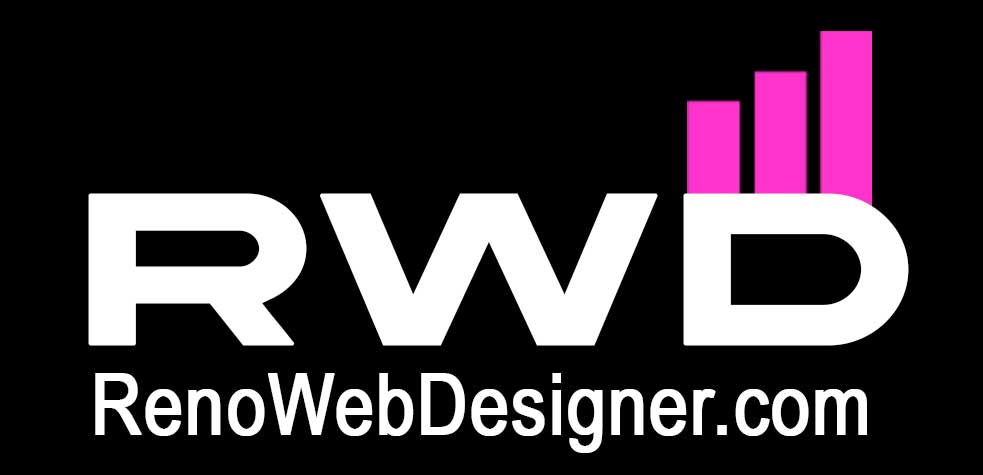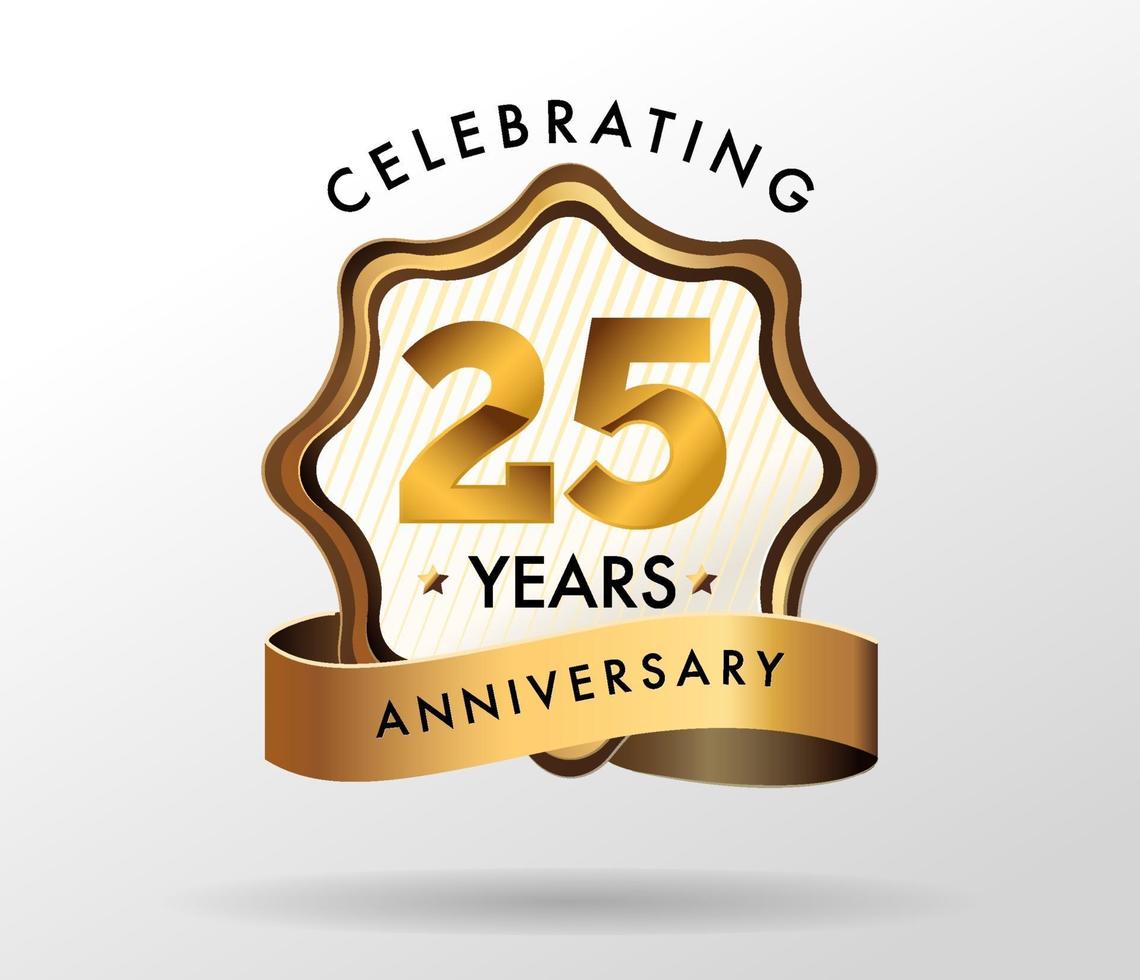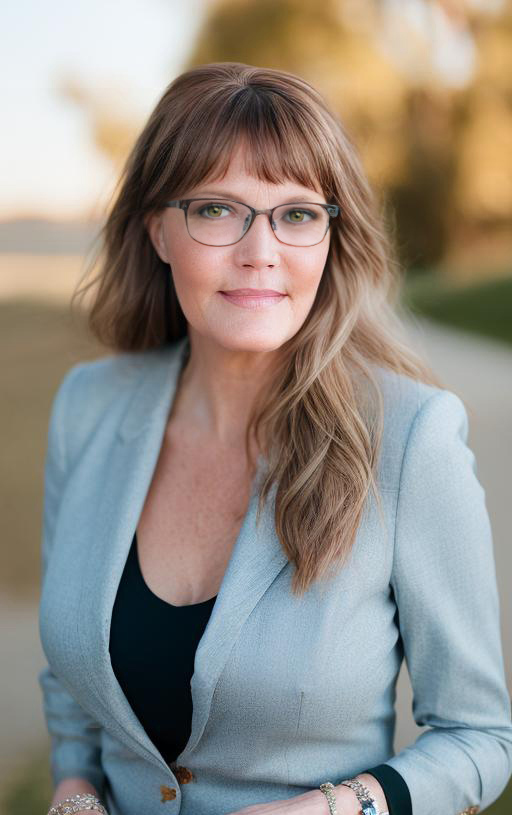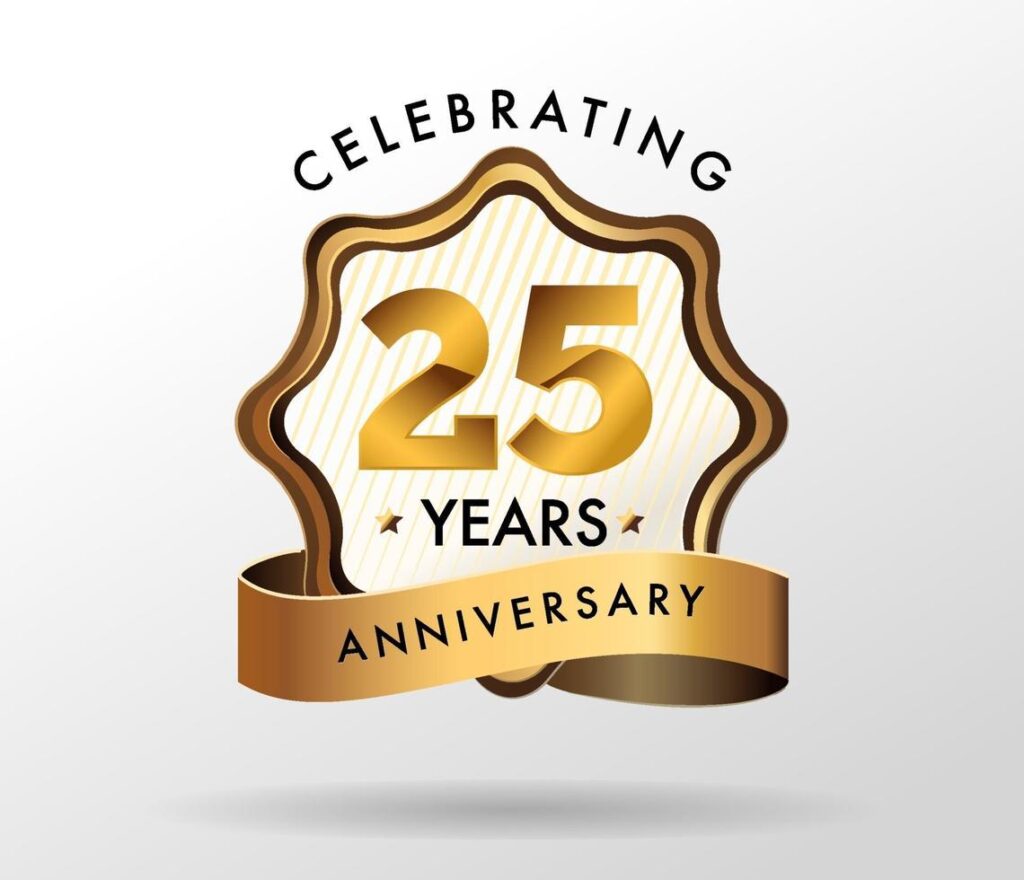How to Find the Best Web Designers for Your Project
In today’s digital age, having a well-designed website is essential for any business or individual looking to make a mark online. A professionally designed website not only attracts visitors but also ensures a positive user experience. However, finding the right web designer or design agency can be a daunting task. With countless options available, it’s crucial to know how to identify and choose the best web designer for your project. In this article, we’ll guide you through the process of finding the perfect web designer.
- Define Your Goals and Budget: Before you start your search for a web designer, it’s essential to have a clear understanding of your project’s goals and budget. Determine the purpose of your website, the features you need, and your target audience. Establishing a budget range will also help you narrow down your choices and avoid wasting time on designers who are out of your price range.
- Check Their Portfolio: A web designer’s portfolio is a window into their expertise and style. Look for designers whose work aligns with your vision. Pay attention to the diversity of projects in their portfolio, as this can indicate their versatility and ability to adapt to different design requirements.
- Read Client Reviews and Testimonials: Client reviews and testimonials can provide valuable insights into a designer’s professionalism, communication skills, and ability to meet deadlines. Check platforms like Google, Yelp, or design-specific websites to see what previous clients have to say about their experiences working with the designer.
- Ask for Recommendations: Seek recommendations from colleagues, friends, or business associates who have had successful experiences with web designers. Personal referrals often lead to trustworthy connections, as you can learn about the designer’s work ethic and the overall experience from someone you trust.
- Evaluate Communication and Collaboration: Effective communication is crucial in any design project. During initial interactions with potential designers, assess their responsiveness, willingness to listen to your ideas, and ability to explain their design process. A designer who values collaboration and feedback is more likely to create a website that aligns with your vision.
- Review Technical Skills: Beyond aesthetics, a web designer must possess the technical skills required to build a functional website. Inquire about their proficiency in coding languages like HTML, CSS, JavaScript, and their familiarity with content management systems (CMS) like WordPress, Drupal, or Shopify, depending on your project’s needs.
- Inquire About SEO and Mobile Responsiveness: A successful website is not only visually appealing but also optimized for search engines (SEO) and mobile devices. Ensure that the designer or agency you choose understands SEO best practices and can create a responsive design that looks great on both desktop and mobile platforms.
- Discuss Pricing and Contracts: Have a detailed discussion about pricing structures and contracts before starting the project. Understand how the designer charges for their services—whether it’s a flat fee, hourly rate, or project-based pricing. Additionally, ensure that the contract outlines project timelines, deliverables, and any revision policies.
- Ask About Ongoing Support and Maintenance: Websites require ongoing maintenance and updates. Inquire if the designer offers post-launch support, maintenance packages, or training on how to manage your site’s content. Having a reliable partner for long-term website management is advantageous.
-
Trust Your Instincts: Lastly, trust your instincts. If you have reservations about a particular designer or agency, it’s okay to continue your search. Building a website is a significant investment, and you should feel confident in your choice.

Web Designer in Reno Sandy Rowley
Sandy Rowley is a local Web Designer in Reno, since 1999. Give her a call or text at 775-870-0488 for a free quote.
Finding the best web designer for your project involves careful consideration of your goals, budget, and the designer’s portfolio, as well as thorough research into their reputation and technical skills. By following these steps and taking your time in the selection process, you can increase the likelihood of finding a web designer who can bring your online vision to life and help your website stand out in the digital landscape.





Trackbacks/Pingbacks